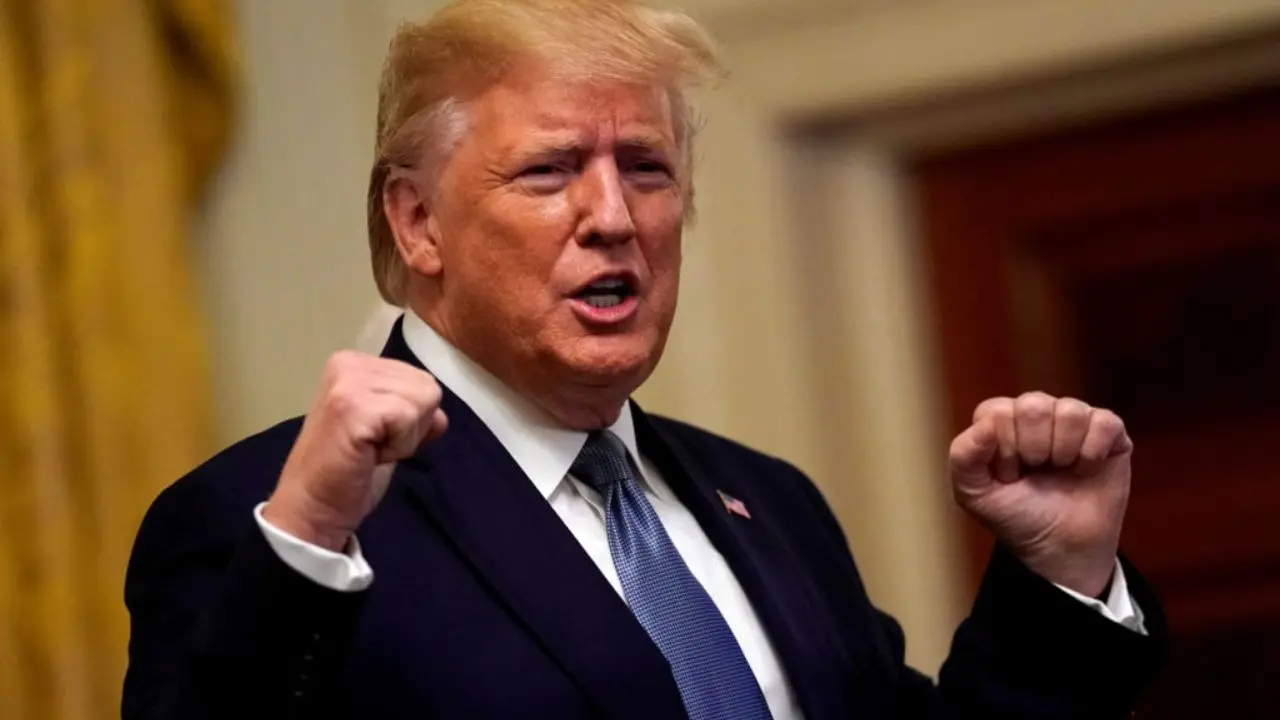Updated 9 April 2025 at 22:54 IST
Tariff War: US On China, China On US, US Again? Where Does This Go?
Amidst trade tensions the United States is set to negotiate a trade deal with South Korea as talks of a potential trade war intensify.
- Republic Business
- 3 min read

By Khushi Rawat
The United States President Donald Trump has been announcing a slew of reciprocal tariffs on several countries and is in the process of negotiating a trade deal with South Korea, as talks of a potential trade war intensify.
China, however, has fought back against the single-handed domination of the United States in the global trade markets by imposing retaliatory tariffs of 84% on American goods.
This retaliation from China has been warranted by the US as massive charges have been imposed on goods ranging from nearly 20%-104% on Chinese goods.
Advertisement
Tariffs imposed by the US have caused concern to several world leaders due to the fear of recession as the markets hit an all-time-low, wiping-off trillions.
Trump claims tariffs will boost the US economy and protect jobs, however, economists have warned of their negative impacts on the world economy by increasing consumer prices in the US and across the globe.
Advertisement
US Dominance In Global Trade Market
"We have a lot of countries coming in that want to make deals," Donald Trump said at a White House event on Tuesday afternoon. Later, at an event the US President said that he expected China to pursue an agreement as well.
The dominance of the United States over the global trade scenario has forced countries to negotiate, especially in Asia.
Asian countries, South Korea and Japan, two allies and major trade partners scheduled meetings with the US administration for the coming week along.
Except China, Rest Of Asia Decided To Negotiate
Japan: A total of 24% of tariffs are imposed on Japanese goods that Prime Minister Shigeru Ishiba calls "extremely unfortunate". The Prime Minister had a telephone conversation with Trump on economic ties and trade relations.
The Japanese government has warned the US government that it will pull back all of its investments from the US markets.
South Korea: South Korea has been hit with 25% tariffs and will be sending its trade minister to initiate talks to reduce tariffs and further trade relations. According to an Al Jazeera report, after a phone call with South Korea's acting President, Han Duck-soo on Tuesday the US President confirmed the same.
China Stands Against US 'Bullying'
Despite China facing the highest imposition of tariffs from the US government, the country has decided to fight back.
In response to the imposition, counter-tariffs have been announced from Beijing. Top leaders of the Chinese government are planning to meet to derive counter measures to stabilize and cushion the effect of tariffs.
"It's unclear what is motivating these tariffs and it's very hard to predict where things might go from here," Roland Rajah, lead economist at the Lowy Institute was cited by BBC.
A recent report by DSP Mutual Fund sketched three possible scenarios that may emerge from Donald Trump's tariffs.
According to the AMC, Trump reversing the tariffs to pre-April 2nd levels or announcing a temporary moratorium could be the 'best case' scenario. "This would be the strongest form of damage control and likely a short-term positive for markets," the brokerage said.
In the second case, which, according to the report is 'more likely', Donald Trump may agree to hold bilateral negotiations with countries triggering 'winners and losers'.
"Worst case: Other nations retaliate—not just against the US, but against one another. This scenario could have a serious impact on global and Indian growth. Markets won’t take this lightly—and with every passing day, this outcome becomes more probable," the AMC said, hinting at a probable volatility in the markets ahead.
Published By : Sagarika Chakraborty
Published On: 9 April 2025 at 22:54 IST
